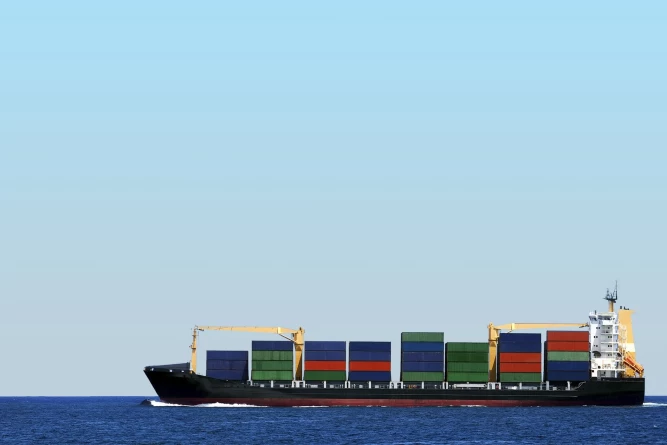
SEA-INTEL: SCHEDULE RELIABILITY DROPS AGAIN IN APRIL AFTER MARCH RECOVERY
01 June 2022 |
The improvement reversed in container line schedule reliability in March was reversed in April, according to a new report by Sea-Intelligence following the downtrend seen in 2021.
The drop came after schedule reliability improved in March to 35.9% which Sea-Intelligence said during that time was the "highest" seen this year.
"Global schedule reliability seems to continue to follow the trend seen in 2021, with schedule reliability within a small range but at a slightly lower base," said Alan Murphy, CEO, Sea-Intelligence.
Schedule reliability declined by -1.3 percentage points month/month in April and was down year-on-year by -4.7 percentage points.
Sea-Intelligence said this means that the 2022 score has been slightly below the 2021 level in each of the first four months.
Meanwhile, the average delay for late vessel arrivals decreased once again, this time by -1.04 days to 6.41 days in April 2022.
"This is the first time that the delay figure has dropped below the 7-day mark since August 2021. That said, it continues to be the highest across each month when compared historically," the report added.
Maersk most reliable liner in April
Just like in the past months, Maersk emerged again as the most reliable carrier in April with schedule reliability of 47.5%, followed by Hamburg Süd with 42.5%.
Sea-Intel said there were six carriers with a schedule reliability of 30%-40% and six with a schedule reliability of 20%-30%.
"In April 2022, once again, a lot of the carriers were very close to each other in terms of schedule reliability, with 11 carriers within 12 percentage points of each other," it added.
The report noted that Wan Hai had the lowest schedule reliability in April with 21.7%.
Sea-Intel said on a year-on-year level, only four of the top 14 carriers recorded an improvement in schedule reliability in April 2022, with the largest improvement of just 2.3 percentage points.


